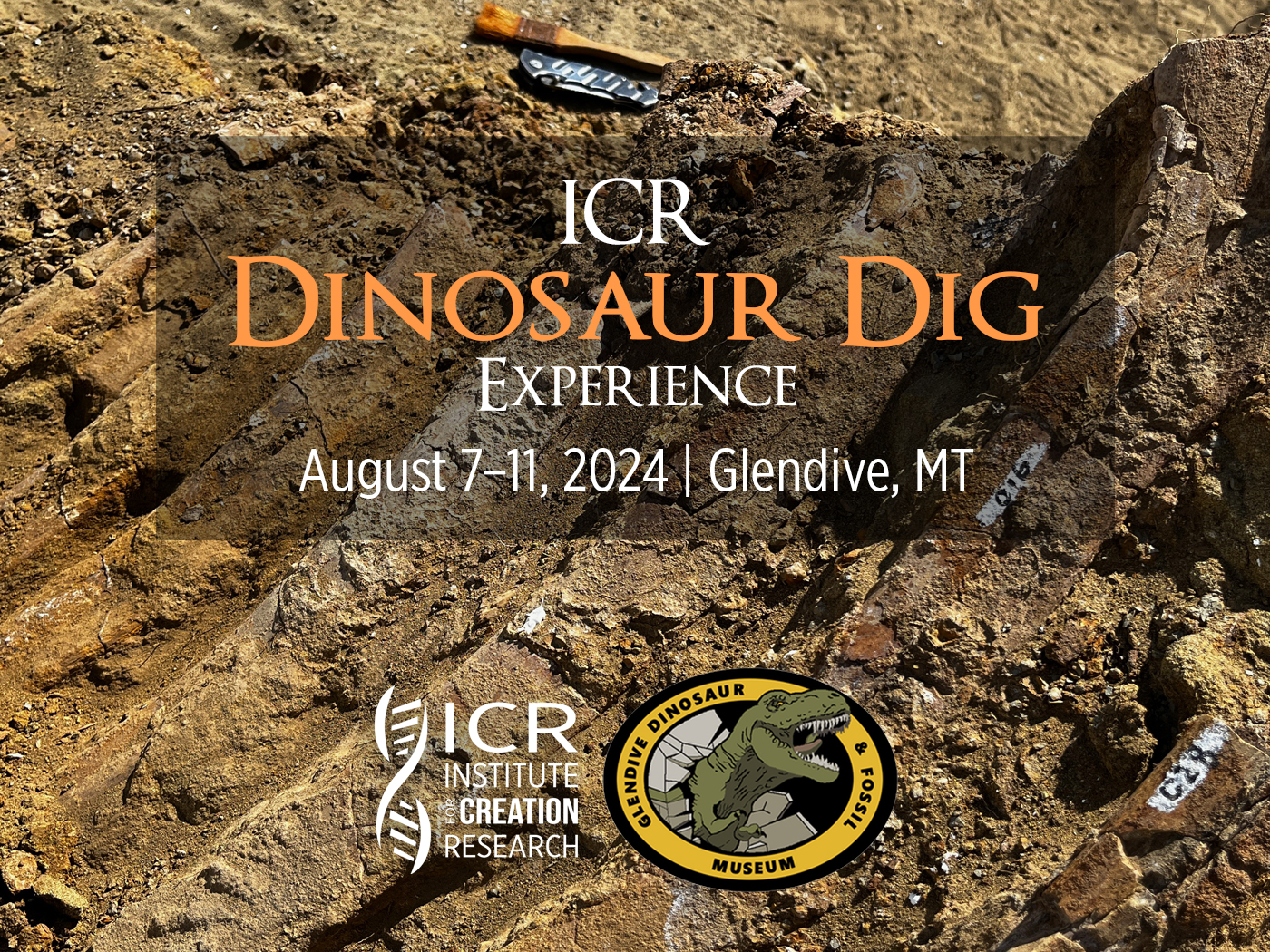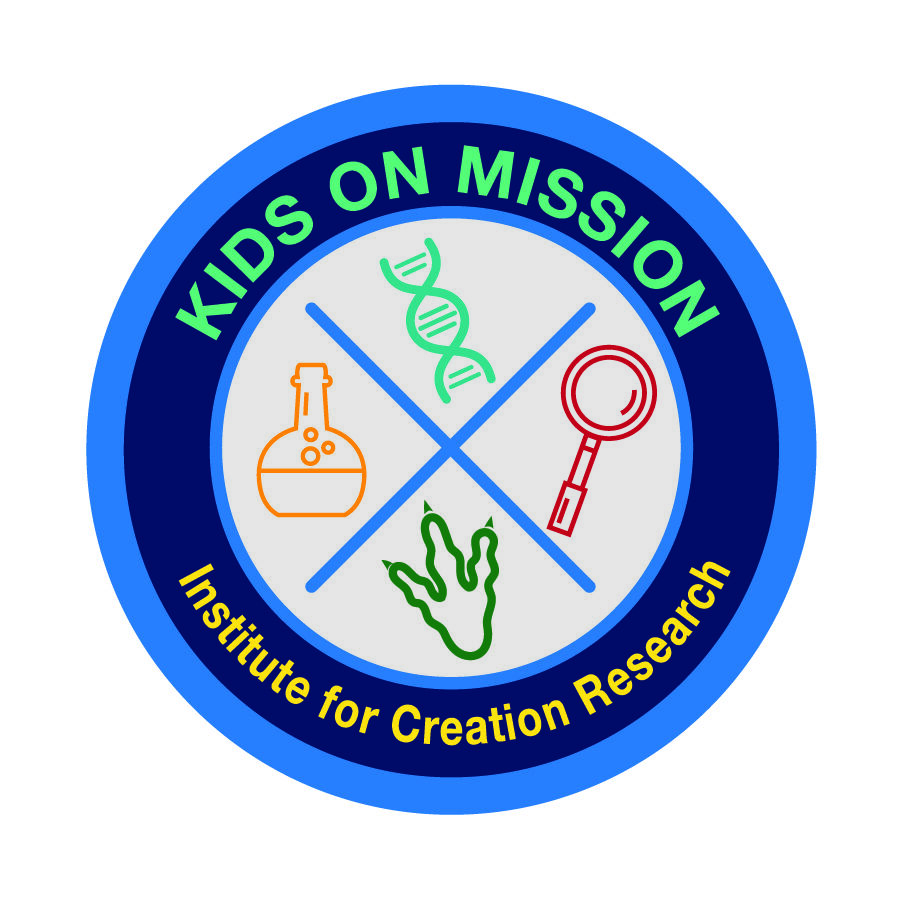If you have stopped receiving emails from us, please check your SPAM folder.
Also, to help stop emails from getting mistagged as spam in the future,
be sure to add 'webmaster@my.icr.org' to your contact list!
Click here for more tips!
Also, to help stop emails from getting mistagged as spam in the future,
be sure to add 'webmaster@my.icr.org' to your contact list!
Click here for more tips!

New Titanosaur Species Discovered in Uruguay and Argentina
The pre-Flood world had some truly massive dinosaurs, and the largest of them were in the group Sauropodomorpha.1 Within this group were titanosaurs, which include the gigantic Argentinosaurus that is estimated to have weighed over 100 tons. Not only were the titanosaurs the largest dinosaurs, but they also had a unique design showing “a characteristic ‘wide-gauge’ limb posture, in which the forelimbs and hindlimbs were angled out from the side of the body and the hands and feet planted on the ground far apart.”2
Titanosaurs were the most extensive...

Galápagos Finches: A Case Study in Evolution or Adaptive Engineering?
A group of birds known as Darwin’s finches live in the Galápagos Islands, which are located in the Pacific Ocean 600 miles west of Ecuador. These birds have been a leading icon for evolutionary research and...
The Latest
New Titanosaur Species Discovered in Uruguay and Argentina
The pre-Flood world had some truly massive dinosaurs, and the largest of them were in the group Sauropodomorpha.1 Within this group were...
May 2024 ICR Wallpaper
"Have I not commanded you? Be strong and of good courage; do not be afraid, nor be dismayed, for the LORD your God is with you wherever you...
Was a Key to Photosynthesis Evolution Discovered?
Northern Canadian lakes were the source of recently discovered unique photosynthetic bacteria of the phylum Chloroflexota. After years of culturing,...
CREATION PODCAST
Four Moons That Indicate a Young Universe | The Creation Podcast:...
Earth has one moon, but Jupiter has many! What can we learn from our celestial neighbor's satellites? Do they indicate youth?
Host...
Creation Kids: Seeds and Sprouts
by Renée Dusseau and Susan Windsor*
You're never too young to be a creation scientist and explore our Creator's world. Kids, discover...
APOLOGETICS
Christ’s Creativity in Canyon Critters
Grand Canyon animals display many marvelous traits and behaviors as they live life in that harsh habitat. These canyon creatures succeed thanks to the...
Standing Against False Science
I’m Michael Stamp, and I’m in my 12th year as an editor at the Institute for Creation Research. It’s always an encouragement to see...
Oysters and Pre-Flood Longevity
The oyster species Crassostrea virginica, also known as the eastern oyster, is a prized seafood. Research has demonstrated that a fossil version of...
Galápagos Finches: A Case Study in Evolution or Adaptive Engineering?
A group of birds known as Darwin’s finches live in the Galápagos Islands, which are located in the Pacific Ocean 600 miles west of Ecuador....
Hot Springs National Park: Hydrothermal Springs Formed By The...
Hot Springs National Park is located about an hour southwest of Little Rock in the folded Ouachita Mountains of central Arkansas. It is the second smallest...
Featured Event
Video
How Old Is the Ocean?! #science #creationism #podcast
A Flood Lasting More Than A Year?!?!
Sir Isaac Newton: Accomplished Scientist and Dedicated Believer
Evolutionists Forced to Retract 'Proof!' #science #creationism #podcast
More in Video ⊳


















